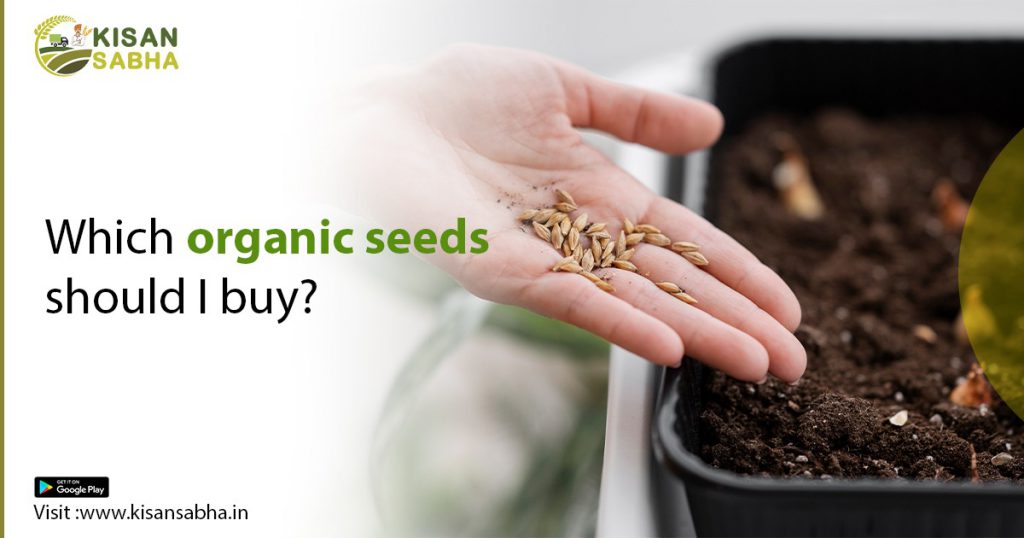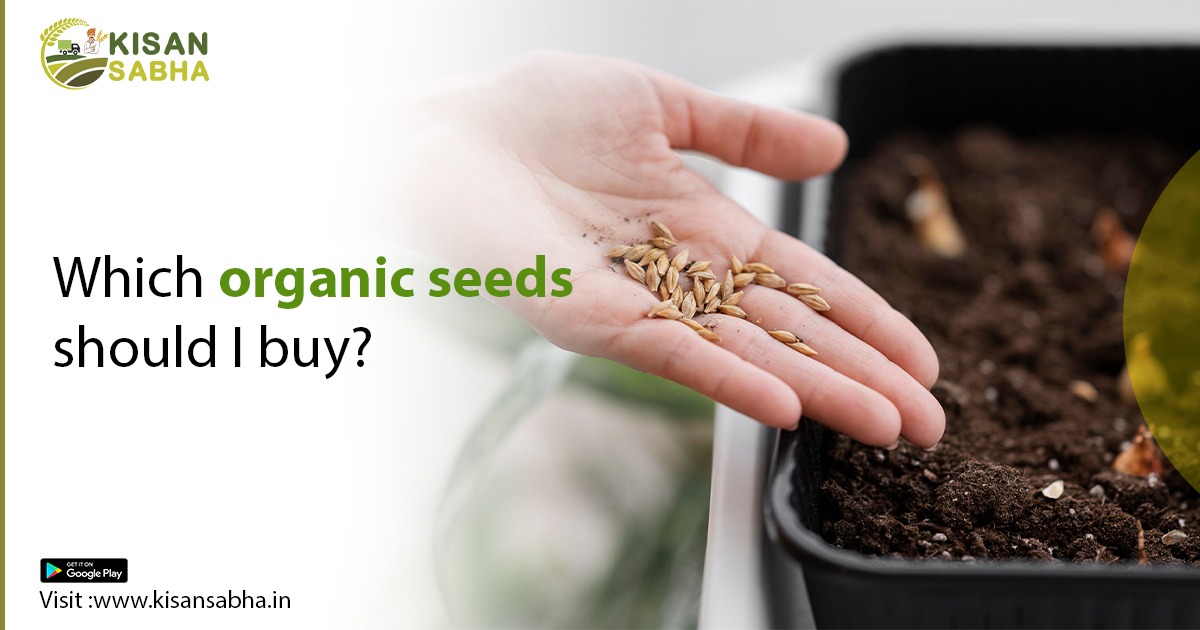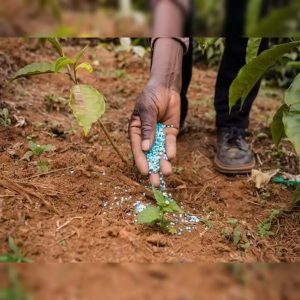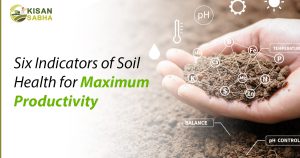Choosing organic seeds marks an essential first step towards embarking on a fulfilling gardening journey committed to preserving ecological balance, safeguarding biodiversity, and promoting sustainable living practices. With countless options available in today’s marketplace, selecting the right ones requires careful consideration and research. This comprehensive guide provides practical advice on how to identify high-quality organic seeds, understand labeling terminology, select reputable suppliers, and plan your garden layout effectively.

Understanding Organic Seed Labeling Terminology
Deciphering seed packaging labels represents a crucial aspect of distinguishing genuine organic products from misleading marketing claims. Here are some common terms you may encounter:
- “Certified Organic”: Indicates compliance with national or international standards regulating organic seed production, handling, processing, and sales. Look for recognized certifying agencies such as USDA Organic, EU Organic, or Canada Organic.
- “Untreated” or “Non-Treated”: Signifies absence of chemical coatings, fungicides, or pesticides used to preserve seed longevity and germination rates during storage. Untreated seeds enable growers to maintain greater control over input selection, limiting unwanted exposures to potentially harmful substances.
- “Open-Pollinated”, “Heirloom”, or “Heritage”: Denotes varieties propagated through natural means such as wind, insects, birds, self-pollination, or manual crossbreeding, ensuring stable traits passed down through generations. Open-pollinated seeds encourage genetic diversity, permit easy saving, and allow custom blending based on individual tastes and preferences.
- “Hybrid”: Describes progeny derived from intentional crossing between two parent lines exhibiting desirable characteristics. Hybrid seeds typically exhibit superior vigor, uniformity, yield, disease resistance, and adaptability compared to open-pollinated counterparts, albeit requiring annual repurchasing since saved seeds won’t reliably reproduce identical offspring.
Selecting Reputable Suppliers
Establishing trustworthy relationships with reliable organic seed vendors significantly influences success in obtaining authentic, high-quality products. Keep the following suggestions in mind when vetting prospective sellers:
- Research Company History: Investigate company backgrounds, mission statements, core values, and operational philosophies to determine alignment with your personal beliefs and objectives. Opt for family-owned businesses, cooperatives, or nonprofits dedicated to advancing organic agriculture initiatives.
- Verify Third-Party Certification: Confirm vendor accreditation status through recognized organizations mandated by law to enforce strict quality controls, auditing procedures, recordkeeping requirements, and transparency measures.
- Read Customer Reviews: Consult online testimonials, ratings, and feedback shared by fellow gardeners who have direct experience dealing with particular brands or retailers. Prioritize suppliers consistently receiving positive endorsements reflecting satisfactory experiences concerning timely shipping, accurate order fulfillment, responsive customer service, and product satisfaction guarantees.
- Participate in Community Forums: Engage actively in conversations hosted on social media platforms, blogs, podcasts, newsletters, and websites frequented by enthusiasts passionate about sharing insights, tips, resources, and networking opportunities related to organic seed sourcing and utilization.
- Support Local Seed Exchanges: Attend community events, workshops, fairs, farmer’s markets, or educational seminars facilitating interaction among like-minded individuals swapping homegrown, locally adapted, culturally relevant, and heirloom varieties suited to regional climatic conditions, pests, and diseases.
WHICH ORGANIC SEEDS SHOULD I BUY?
Every seed you sow in your garden should be organic if at all possible. If it is not possible, there are some plants that grow better organically than others. Most of these are fairly hardy plants, and heirloom varieties are usually time-tested for hardiness.
If you want to grow an organic garden, you need make sure that the weakest plants you cultivate are organically sourced and can endure the pests and issues that can come with organic gardening.
Many tomato and spinach types, for example, are quite hardy if the plant strain is appropriate for the growing conditions. It’s also a good idea to diversify and grow more than one strain of each variety with them. This helps to avert total crop loss if one crop succumbs to something to which another is resistant. Examine your options thoroughly.
Plants that are more sturdy will not require as much care. Most subterranean growers, such as potatoes, onions, and beets, are resilient and resistant plants that thrive when grown organically. Strong perennials such as asparagus and swede are also well-suited to organic cultivation.
Most plants, such as beans, cucumbers, and squashes, have vine versions that are more hardy and easier to grow organically than bush species. This is because vines, by definition, are stronger plants that are more resistant to problems like leaf rot and pests.
Visit us – www.aarogyapath.in




